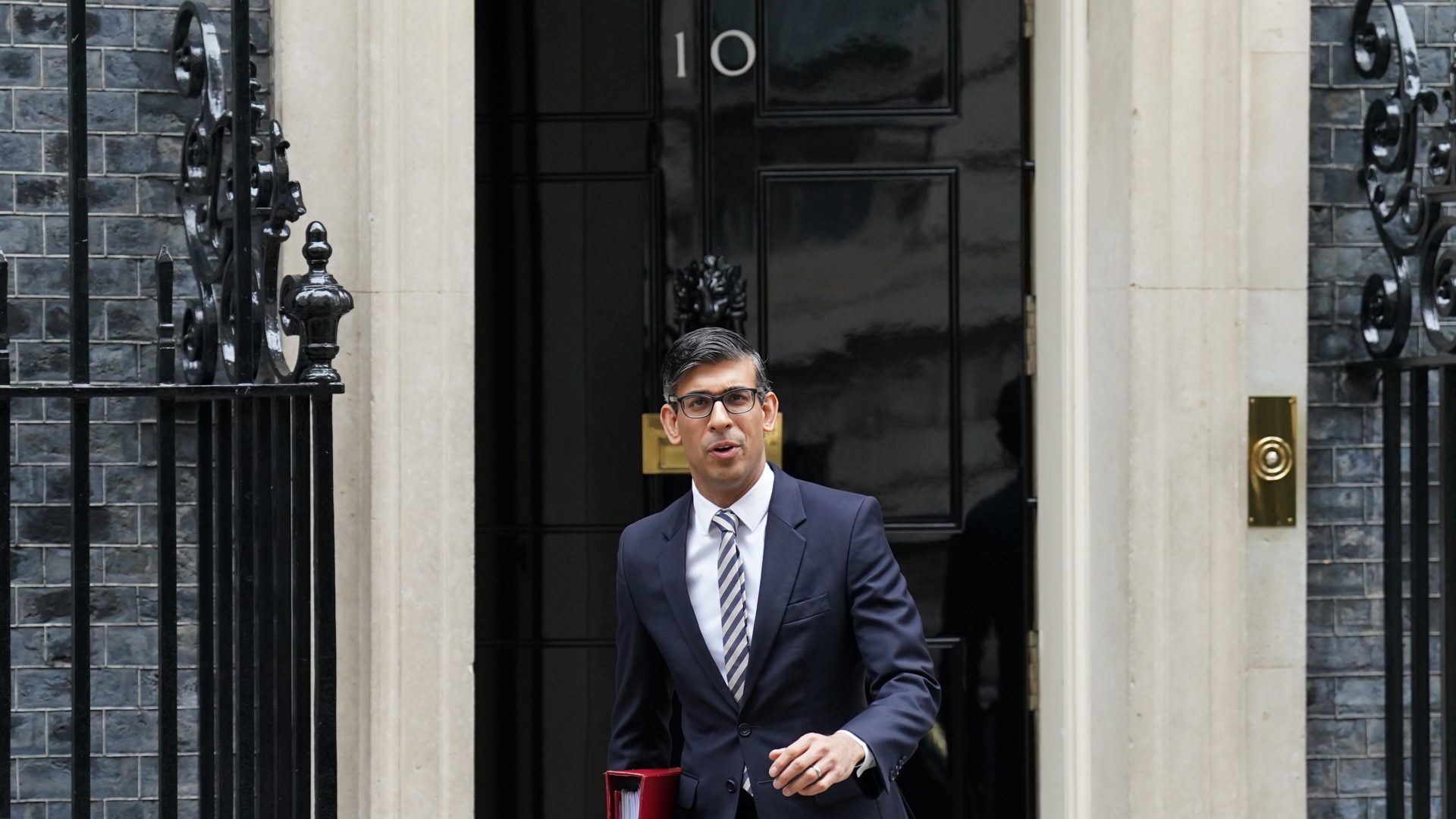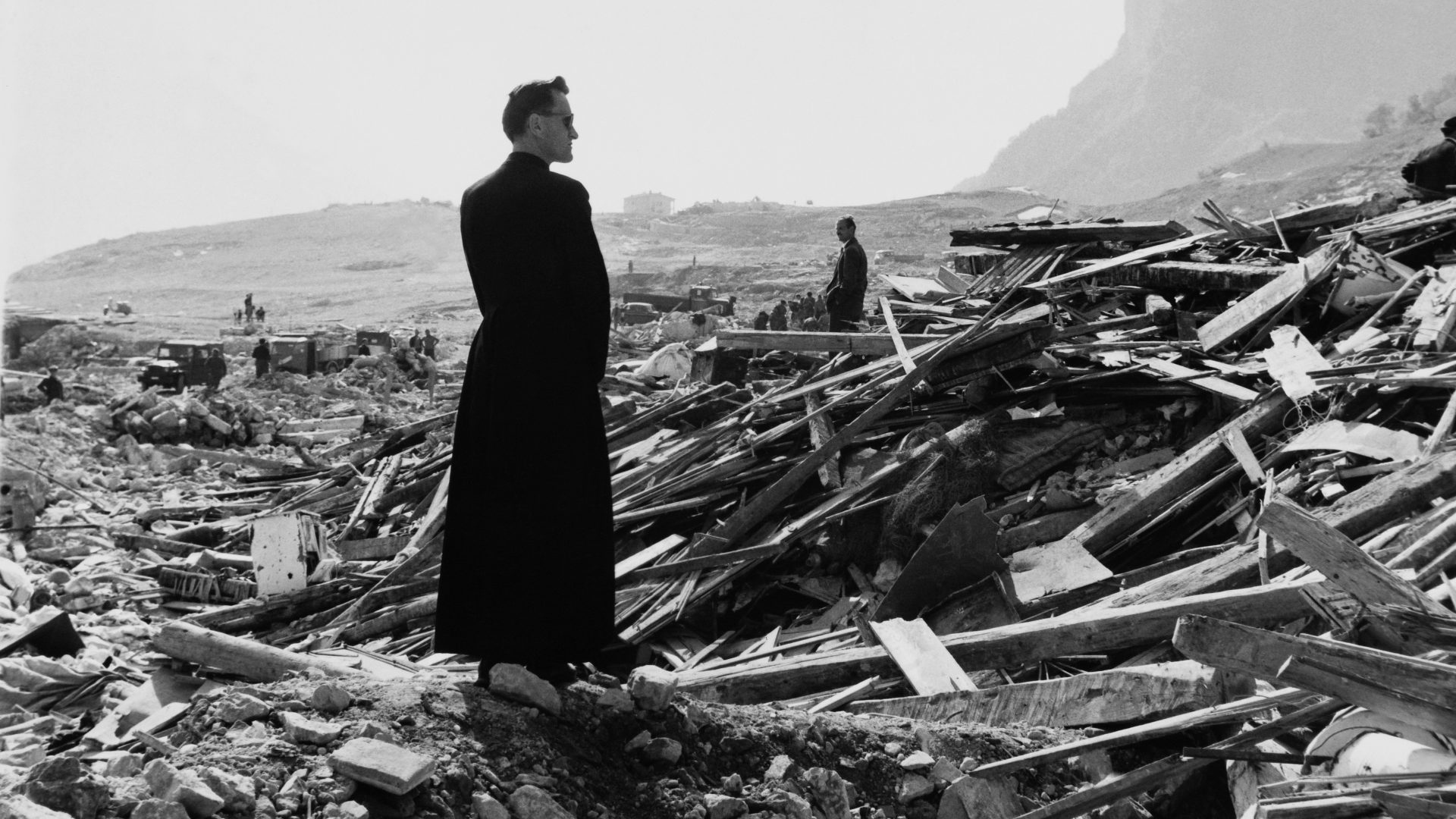Re: “Labour’s Brexit” (TNE #357). It is too soon for Labour to campaign to rejoin. We can’t have another toxic general election fought on Brexit.
What we do need is a debate around a better relationship/deal with Europe. The rest will follow, but until Keir Starmer is in a position to have those negotiations we will not know how the other EU countries feel about it.
Beryl Oldroyd
Via Facebook
Leaving was the most ridiculous act of self-harm that there is. But running on a rejoin platform is not too clever either. It would split the vote, and Labour would risk losing key seats.
More importantly, the Tories would run on a “no to the EU” agenda and say that if we did rejoin, they would pull us out immediately the next time they won an election. The EU would rightly see this as political instability and refuse any attempt by us to rejoin.
Quite simply, more time needs to pass before it can happen.
Jonathan Polley
Of course readers of TNE want to rejoin, but 40% don’t – and if Labour pin their flag to rejoin, they will soon be joined by all other parties except the Tories.
Do we really want to leave the Tories to garner the entire Brexit vote along with the dyed-in-the-wool Tory voters? We need to leave this divisive subject alone until we get the Tories out.
Ken Vesty
I bet David Cameron got excited about TNE #357. Not the idea of reversing Brexit, but that cover photo.
Simon Pugh
Enough reform
In 2000 the Blair government pledged to gradually increase NHS spending to match the European average. In “Reform, reform, reform must be Labour’s mantra” (TNE #357), Patience Wheatcroft writes that NHS productivity failed to respond.
I recall patients waiting two years for surgery after my initial referral for hip replacement, but this fell over a few years to only six weeks. NHS satisfaction ratings also rose to record levels. After the start of austerity these improvements gradually disappeared, even before lockdown.
I realise productivity can be measured several ways but note that the numbers of doctors, nurses and hospital beds per head of population remain well below those of most European countries. Of course, some will point out that accompanying “reforms” may have contributed to some of the improvements, but I am uncertain about this having witnessed numerous similar upheavals without benefit over the decades.
I feel it is important to state how much improvement was felt by most patients and staff in the early 2000s before we started to tighten spending.
Dr Robert Bunney (retired GP)
Barnstaple, Devon
Patience Wheatcroft asserts that Blair’s zeal for reform is needed from Starmer. But this is to overlook the many failures arising from New Labour’s obsession with reform, especially in respect of education and health.
Academy schools have been a disaster in many respects.As for the NHS, it has suffered from continuous change since the mid-1970s, much of it damaging and costly. Blair’s wave of structural reforms was no exception, ushering in competition and a bullying culture that remain concerns today.
It often seems forgotten, but the NHS in England is currently in the midst of a major reform, with the arrival of integrated care systems designed to improve population health and rebalance the NHS from being a sickness to a health service. These should be allowed time, and given the finance and skills, to succeed.
The last thing the NHS needs is more reform led by a fresh-faced inexperienced minister who thinks they know it all. If we have learned anything over the last 13 years, it is to be suspicious of ministers bearing reform.
David Hunter
Richmond, North Yorkshire
Branding
Re: “Brand is not a martyr” by Matthew d’Ancona. It is ironic that Brand has been exposed by the Times and Channel 4. It was C4, of course, that gave Brand his big break. Meanwhile, News Corp’s other paper, the Sun – the same paper that gave us under-18s on page 3 – named Brand its “Shagger of the Year” three times.
If Brand crossed legal lines then it was his celebrity that enabled him to do that, created by the same media that is now tying him to a stake – the media, and also society’s demand, which after all is all the media is meeting. So, sure, let’s rid ourselves of Brand and tell ourselves we got the monster.
Matt Lloyd
Via Facebook
Aliens like us
I read Nigel Warburton’s article on aliens and miracles (TNE #357) with interest and found myself in broad agreement with his take. His argument, as forwarded by Prof Brian Cox, that alien life would not look in any way like us, I find less persuasive.
If physical life on this planet, through whatever forces impel it, has evolved eventually into a human-like form capable of space travel, well suited to running and making things, complex verbal communication and all the sophistications that distinguish us from other creatures, it seems to be likely that, on the assumption that life would in any event most probably flourish only in temperate planets of a similar size and distance from a star, and with a carbon-hydrogen-oxygen mix, “alien” physical forms would end up in largely the same form, simply from a Darwinian standpoint if nothing else.
What arrangement could possibly work any better?
I would confidently predict that life on other planets may turn out to be, or have been, distressingly similar to our own, with all sorts of parallels such as religions, Brexit and Donald Trump, which is in itself a strong argument for staying put on terra firma.
Julian Marks
First Lioness
Florence Bilton was mentioned in “The birth of the Lionesses” (TNE #357). Flo is an unsung hero in the history of women’s football in the UK.
I first encountered her when she coached my future wife’s football team in Hull in the mid-1980s. She was already into her 60s, although she had been coaching the Reckitt & Colman team in the city since 1963, defying the Football Association’s ban on women playing football.
This was the era when women playing football on park pitches could expect to be routinely abused. Twice I witnessed dogs being set on to my wife’s team and their opposition, and there was the usual abuse shouted from the touchline, surprisingly much of it from other women. Men tended to laugh and walk away, women were more vocal.
The players would be taunted for their (perceived) sexuality and have their “femininity” questioned. Bizarrely they were more than once told to “get back to Russia”. Flo rose above it all and became a founding member of the Women’s Football Association once the ban was lifted.
She would selflessly undertake any task that made it easier for women and girls to play football, realising the obstacles that had been put in her way in the past, and was co-ordinator for many of the overseas forays the early Lionesses undertook. My wife kept in touch with her until her death, aged 83, in 2004.
Belatedly, on International Women’s Day in 2018, Hull Kingston City Council awarded Flo a plaque at the East Riding FA HQ. Her overdue recognition was richly deserved.
Mick O’Hare
Northwood, Middlesex
Belly laughs
I’m a big fan of TNE and find it enormously interesting and enlightening, but rarely funny enough to raise more than a smile.
One of my favourite sections is Carousel, and I particularly enjoyed Marie Le Conte’s “The small joys of British life” (TNE #357). It was a useful reminder, particularly in these post-Brexit times, of some of the wonderful, small and quirky things about this country that we sometimes miss because of familiarity.
The way Marie described her mum’s visit genuinely raised belly laughs! I suggested that my wife also read it and, yep, more belly laughs. It was a lovely, positive way to start the day.
Richard Debonnaire
Croydon, Greater London
Fair taxes
Matthew d’Ancona nails a fundamental issue in “Now is the time for Starmer to spell out his vision for reinventing Britain” (TNE #356). It is time to move on from “the very narrow range of fiscal options bequeathed by the politics of the 1980s and 1990s.”
I still remember Thatcher’s chilling pronouncement that there was no such thing as society. If I remember rightly, the top rate of tax was 83% then and had been higher still in the 1960s, with no detrimental impact on society and the many benefits that a properly funded state brings.
We need to start a proper conversation about what taxes are for, the scope of the state and the morality of people paying their fair share of taxes. I’m heartily sick of hearing Gordon Brown handing out advice when he maintained the Tory budget and saddled us with huge PFI liabilities that will last for generations.
Steve Penny
Grant Mishapps
My theory about Grant Shapps (“What job will Grant get next?”, TNE #356) is that he is on work experience until we find something he is actually good at.
Frances Hilton
Strike fears
David Omand, the former head of GCHQ, writes in TNE 356: “In May 1981… Leonid Brezhnev and Yuri Andropov… believed that the US was preparing a first strike nuclear attack on the Soviet Union”. Mr Omand describes the idea of such an attack as inconceivable and that Andropov was “paranoid” for entertaining the idea.
I find it hard to believe that Mr Omand has forgotten that in the early 1980s the US stationed large numbers of cruise missiles (against the consent of much of the population) in several European countries, including the UK, and that these missiles – which would be launched near the Soviet Union, and were designed to hug the contours of the ground and therefore be invisible to radar – were under the ultimate control of a US president with extreme anti-communist beliefs who had joked on live radio about “bombing Russia”.
The Soviet system was repressive and unpleasant, to put it mildly, but its leaders were not irrational, and they were not completely irrational to think that Ronald Reagan might decide to attack them with cruise.
Nick Wray
Eyemouth, Borders
School sums
Re David Coombs’s letter in TNE #356, referring to our PM’s sustainable schedule for 50 schools per year to be rebuilt. I fear Rishi’s “mathematical ability” depends on a customised calculator with a £ sign before every digit.
Mike Hodson
Sheffield, South Yorkshire
Over-visited
With reference to Silvia Marchetti’s “A bridge too far in Messina” (TNE #355), bridges as well as roll-on roll-off ferries and causeways have vastly improved access to many islands in the Western Isles of Scotland: most welcome by residents and visitors – especially at first. But some, eg Cumbrae and now Skye, are approaching a point where the original attractions of those very destinations are being threatened.
Margot Kerr
Inverness, Highland



